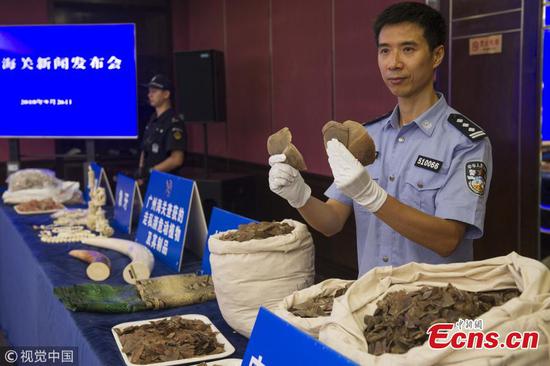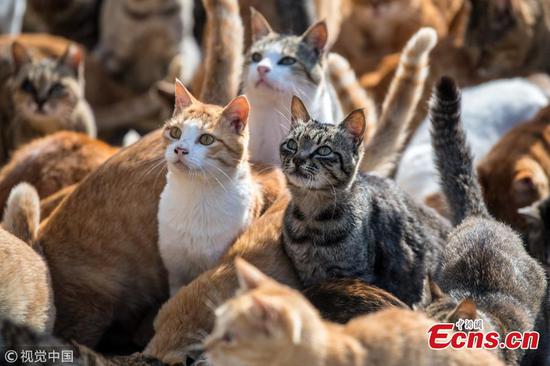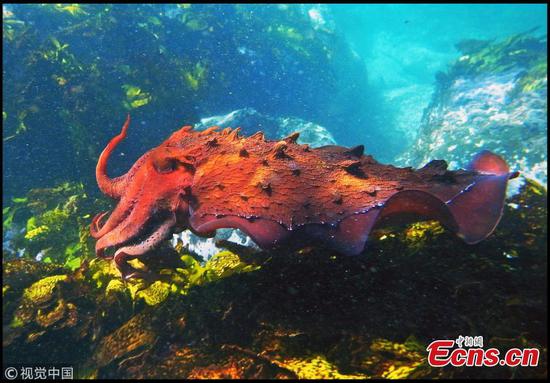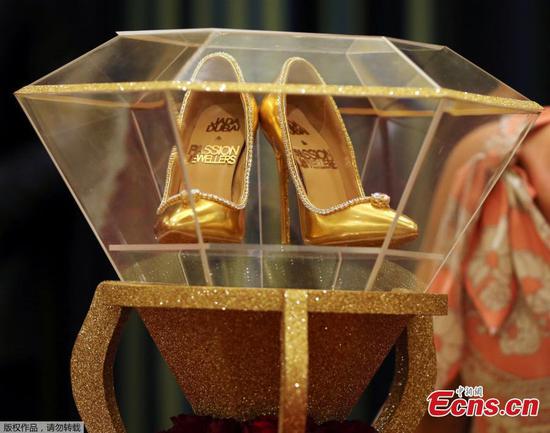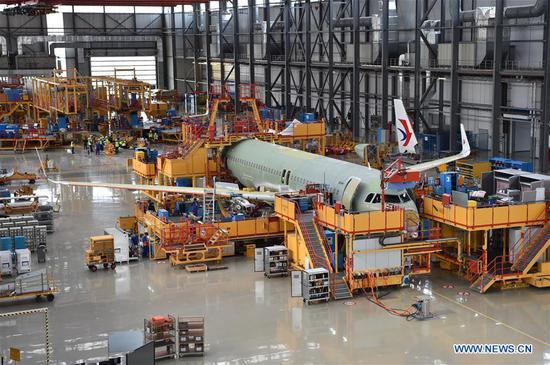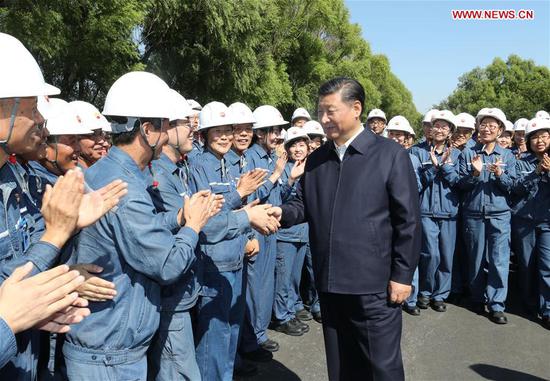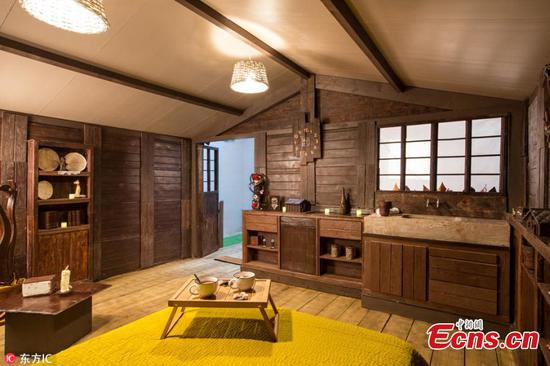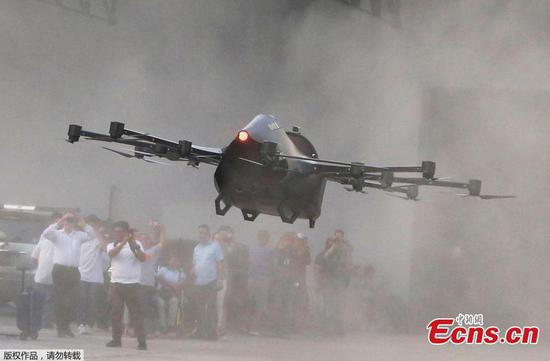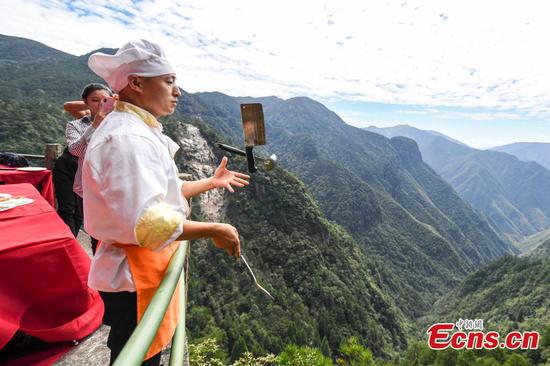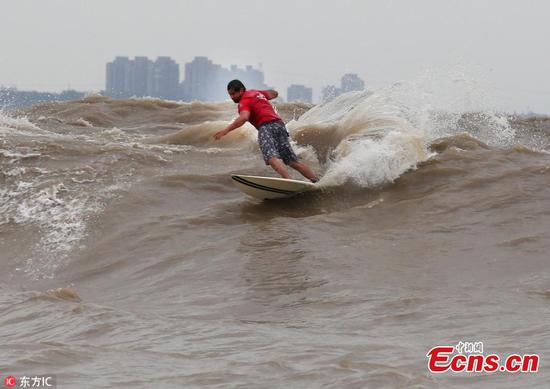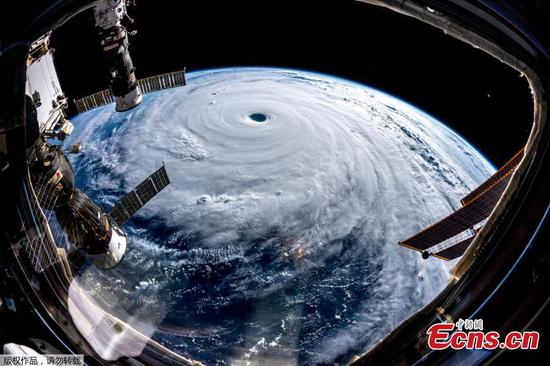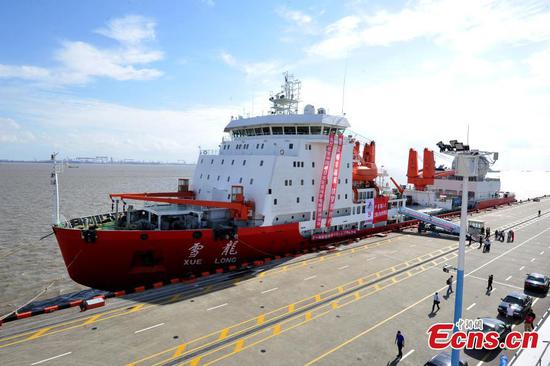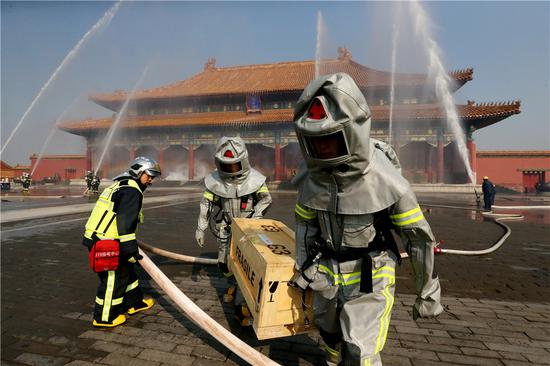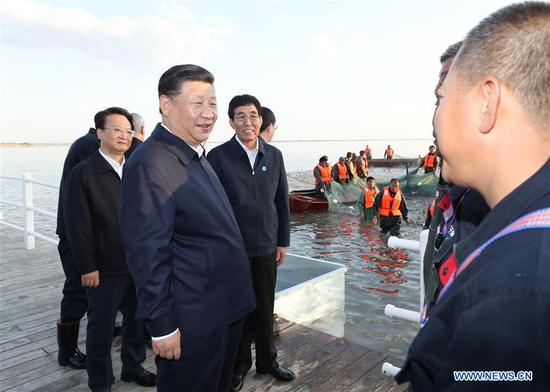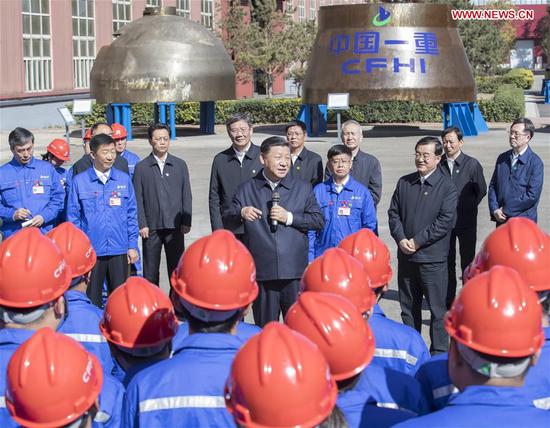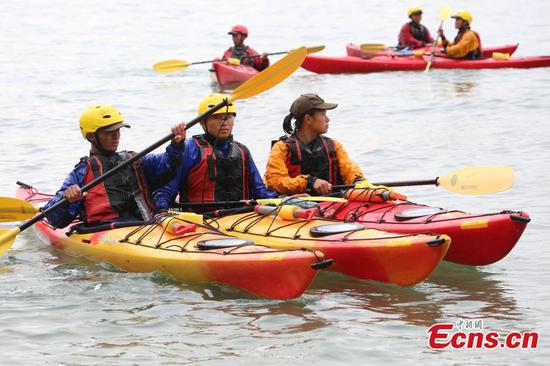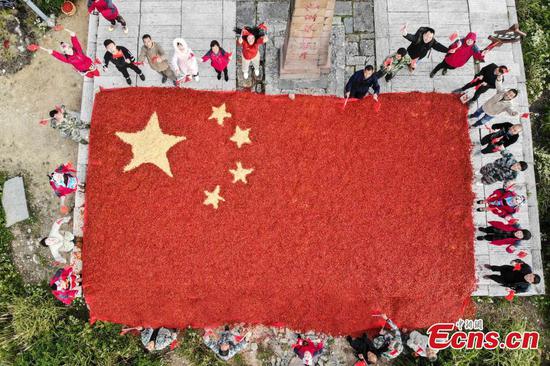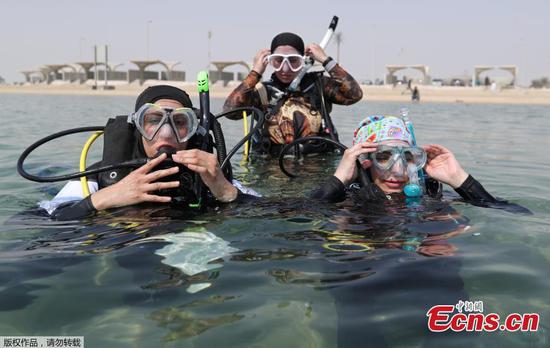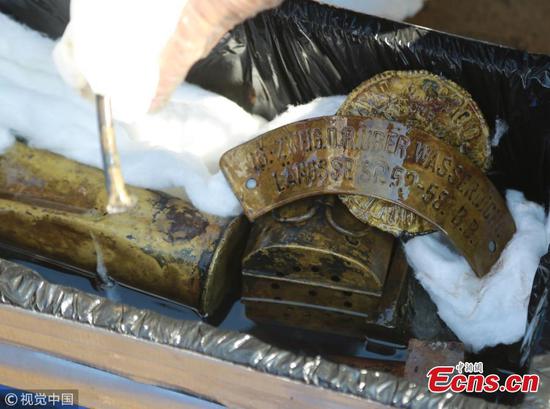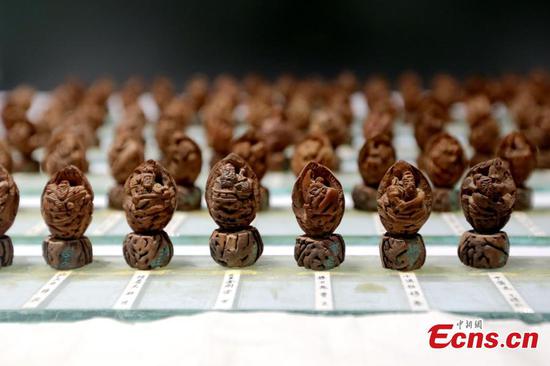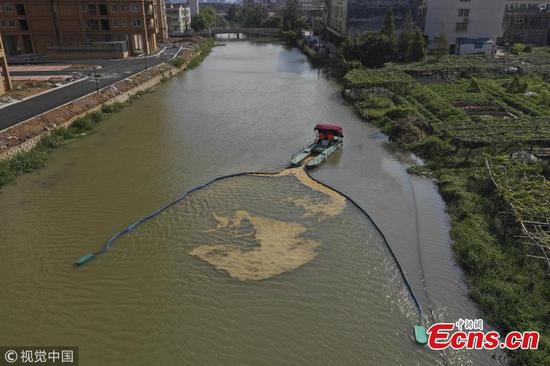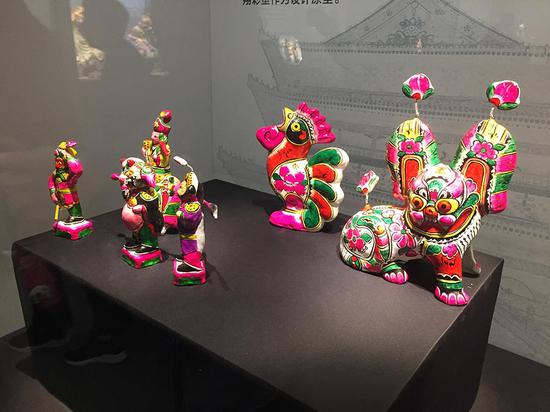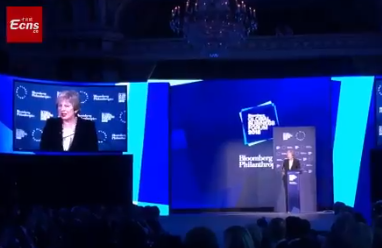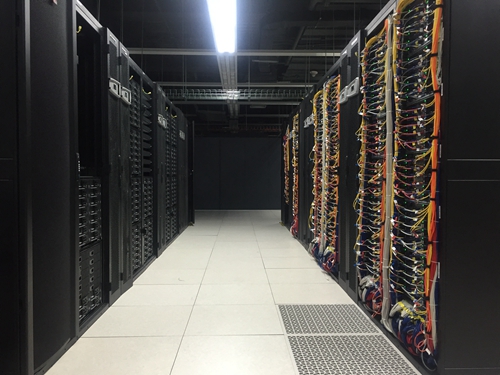
The cooling system for the supercomputer Weiming-1 uses water at 45 C to cool down the supercomputer. (Photo/Peking University)
An innovative cooling system for a supercomputer has helped one of the country’s most prestigious universities save energy, reported Science and Technology Daily on Thursday.
The cooling system for the supercomputer Weiming-1 uses water at 45 C to cool down the supercomputer, which can save 600,000 yuan ($87,108) a year on electricity bills for Peking University, Yang Yuanqing, CEO and chairman of Chinese computer giant Lenovo, said on Wednesday.
The sum is half of what the university spends each year on cooling the supercomputer, which was developed by Lenovo and has been in use since January to conduct researches.
Water cooling is a popular method to remove heat generated by the components of a supercomputer in operation.
Traditional water cooling solutions use water at over 10 C to cool down a machine, and the temperature goes up to around 20 C after it absorbs heat generated by the machine, said Li Guoqing, deputy CEO of Lenovo.
However, water at such a temperature cannot be reused, he said.
But for the warm water cooling system, the temperature of the cooling water increases from 45 C to over 50 C after absorbing heat from the supercomputer, so it can be recycled in heating devices or as shower water in buildings.
The power usage effectiveness, or PUE, of the supercomputing center in Peking University is 1.1, which means for every 100 kilowatt-hour of electricity used in computing, 10 kWh will be used for cooling and other purposes, higher than the rate of 2 for traditional air cooling systems, Yang said.
"I hope we can reduce it further to 1.05," Yang added.









